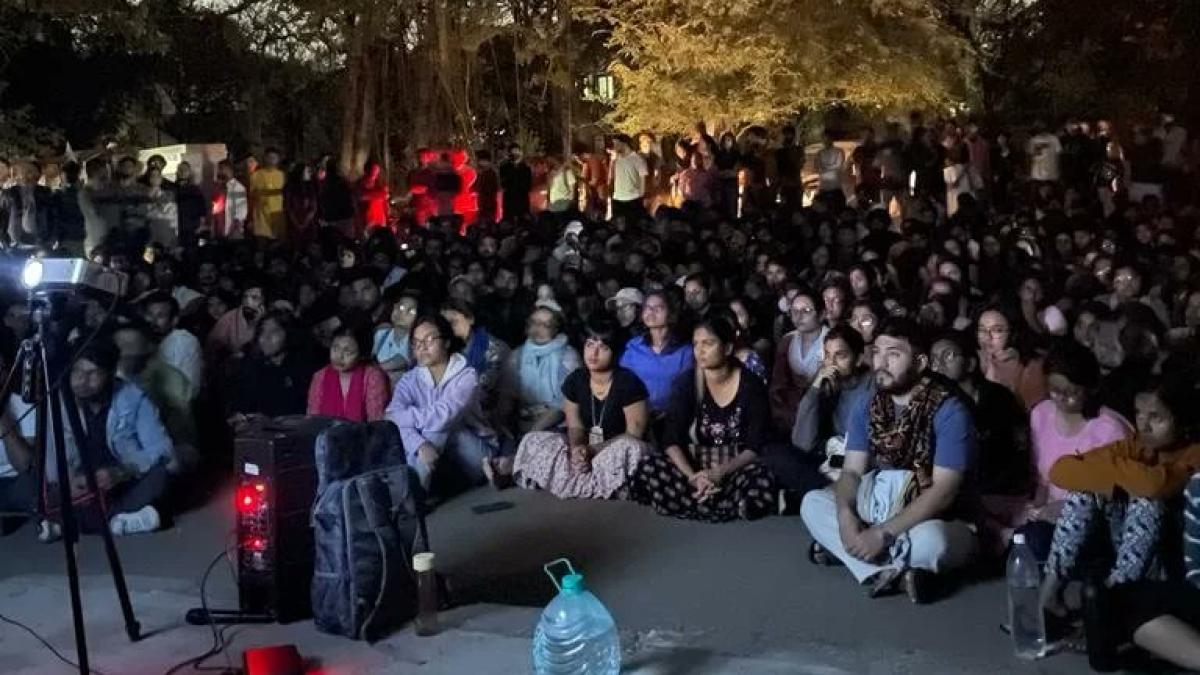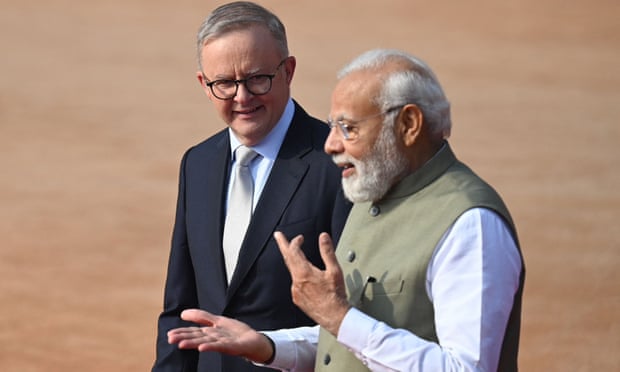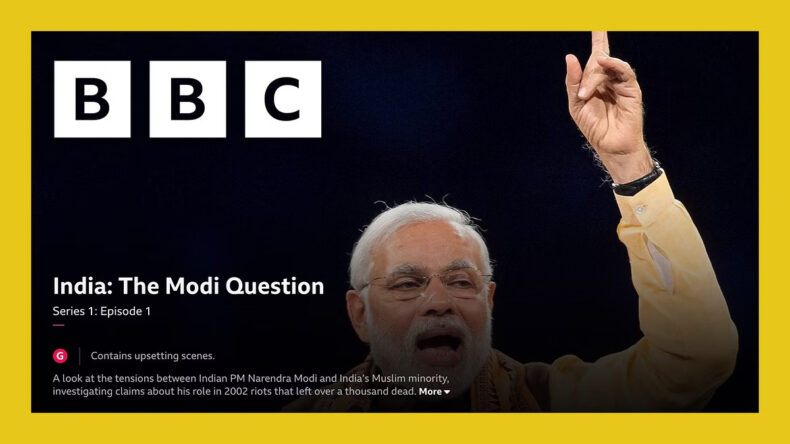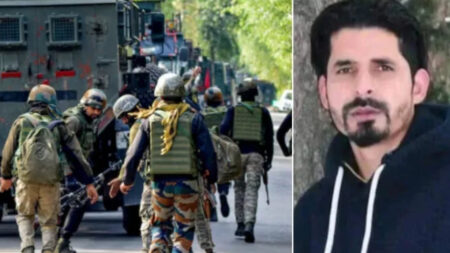The Delhi High Court, in response to a defamation lawsuit filed by a Gujarat-based NGO, summoned British Broadcasting Corporation (BBC) on Monday over its Documentary ‘India- The Modi Question’. This comes days after another defamatory suit was filed by BJP leader Binay Kumar Singh alleging that the documentary link was still available on Wikipedia and Internet Archive for viewing.
The NGO Justice for Trial has claimed that the BBC Documentary maligned the image of India’s PM and its Judicial system. Senior Advocate Harish Salve, on behalf of the NGO, contended that the documentary cast a slur on the reputation of India and its government institutions including its constitutional networks.
Justice Sachin Datta who was hearing the petition, issued a summons to BBC while agreeing that the said documentary makes defamatory imputation and castes slur on the national and international image of our country and its Prime Minister, thereby issuing notice to the respondents through all permissible modes.
Meanwhile, BBC has already issued a statement maintaining that the film was ‘rigorously well-researched according to the highest editorial standard’.
The lawsuit also sought an unconditional apology and damages worth Rs. 10 lakhs alleging that despite the ban, the series have generated an atmosphere of terror and fear among members of different groups, and have the potential to trigger violence and jeopardize public order across the country.
BBC Documentary: What we know so far
The two-part documentary ‘India: The Modi Question’ was released by BBC on 17 January 2024 that features the Gujarat Riots of 2002, in which over a thousand people were killed, and another thousand injured and displaced. The series caused a lot of controversy over questions on Modi’s involvement in the Riots and his attitude towards the nation’s largest religious minority.

The first episode showcases through a backdrop of Modi’s political career, an inquiry conducted by the UK government that Modi, who served as Gujarat’s Chief Minister during the riots, was chiefly responsible for a climate of impunity. The report suggested that to fulfill the communalist agenda of expelling Muslims from the area, the media reported only a small extent of violence, which was much greater on the ground.
The Indian government immediately banned the documentary using emergency powers under the Information Technology Rules, 2021, soon after it was aired, directly blocking multiple YouTube and Twitter links shared on social media. The Ministry of External Affairs bashed the claims of this series calling it a ‘propaganda piece’ that is devoid of objectivity and reflects a ‘colonial mindset’.
Screenings across various public universities including JNU, DU, JMI, and the University of Hyderabad were also banned and caused a lot of strife among students and college authorities.
The Supreme Court had also earlier dismissed the various pleas to ban this documentary seeking to probe into its ‘anti-India and anti-Indian government’ content.
Australian Parliament to screen the documentary
The documentary which was banned immediately after its release in India, and has been the source of contention among various groups in the country, is now set to be screened at the Australian Parliament House in Canberra.

Incidentally, the screening will coincide with Prime Minister Modi’s three-day trip to Australia to participate in a bilateral engagement with Australian PM Anthony Albanese and attend a mega-public community event there.
The screening is being organized by various Human Rights Organisations and Diaspora groups including Amnesty International, The Muslim Collective, and The Humanism Project among others. The audience will be addressed by Australian senators Jordon Steele-John and David Shoebridge.













